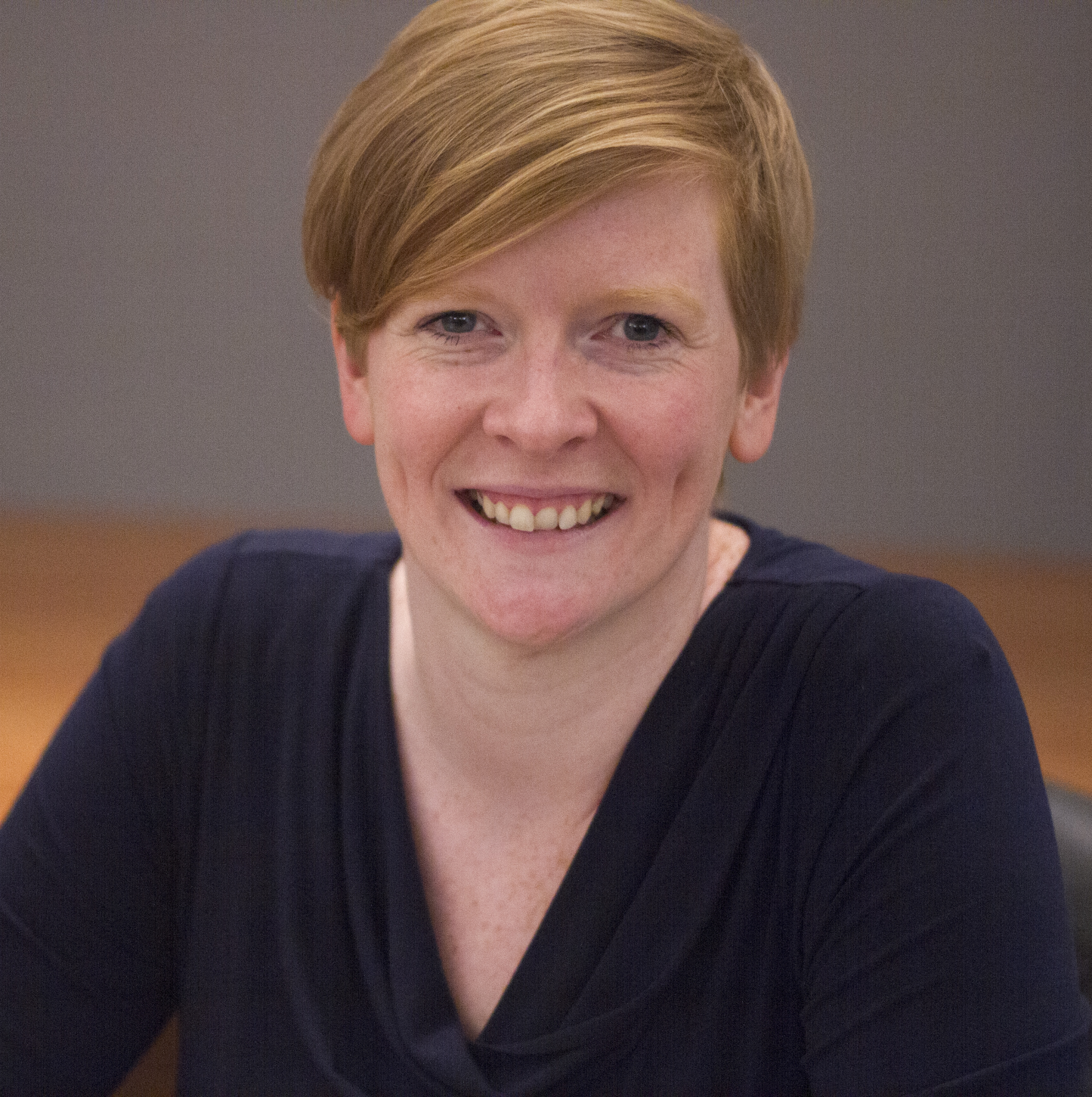
A day in the life of an acute medic
What is an Acute Medic?
I’m a consultant in acute medicine, which means I care for adults who become acutely unwell and need urgent medical attention. It’s different from emergency medicine. We are looking after adults who need tests and treatment after their emergency department assessment, either on our ward (acute medicine unit) or via our clinic (ambulatory emergency care). It’s a bit like being a GP in a hospital, I will meet people who have a huge variety of medical (and non-medical needs).
You may wonder why I combine this work with my role here at Macmillan as I’m not a cancer doctor but nearly 15% of people who are admitted as an emergency to hospital in the UK will have cancer as one of their diagnoses.
I work with my colleagues in cancer care (oncologists, cancer nurse specialists in acute oncology) and other specialists (palliative care, surgery, geriatrics) to care for acutely unwell people with cancer and bring those experiences into Macmillan as a National Clinical Advisor in the Centre of Clinical Expertise.
Although there isn’t a typical day, I’ll talk about some of the people I meet with cancer in my day-to-day work
Life in the Emergency Department
Life on the Acute Medical Unit
Life in the Ambulatory Care Clinic
The last part of my work, and the part I am most proud of, is the work I do in our ambulatory care clinic (sometimes called SDEC, same day emergency care). This is a type of clinic where we provide complex diagnostic testing and treatment for acute medical illness without people having to stay in a hospital bed.
We will do our very best to get people the tests and specialist expertise they need on the same day they come to hospital. For people with cancer this is a game changer- they can avoid the ED and spend more time at home. Recently, I saw a patient with incurable breast cancer who had become unwell with a fever. Instead of going to the ED she came to the ambulatory clinic and had a full work-up, with bloods, chest X-ray and tests for viral/bacterial infection.
I discussed her with our infectious diseases’ doctors (as she was just back from a holiday in Thailand) and decided she could have treatment with oral antibiotics at home. I called her oncologist at another hospital, and they arranged to see her next week to ensure that the fever had improved before her next planned treatment. She went home at 6pm in time for her daughter’s bedtime.
In old ways of working she would have waited in ED for hours and then stayed in a hospital bed away from family so it’s really satisfying to work in this way for me and my patients.
As Macmillan’s strategy moves to focus on improving the care of people with cancer who are most impacted by health inequities, cancer and multiple long-term conditions, and variation in the quality of treatment and care they receive I hope that some of these stories from acute care will become increasingly rare.



